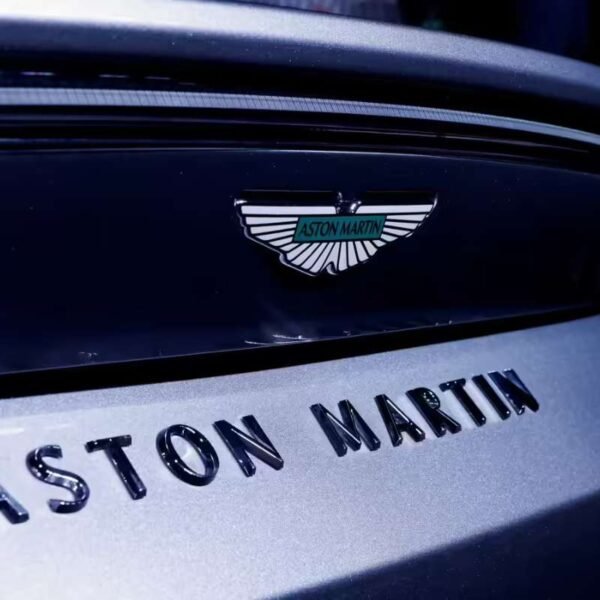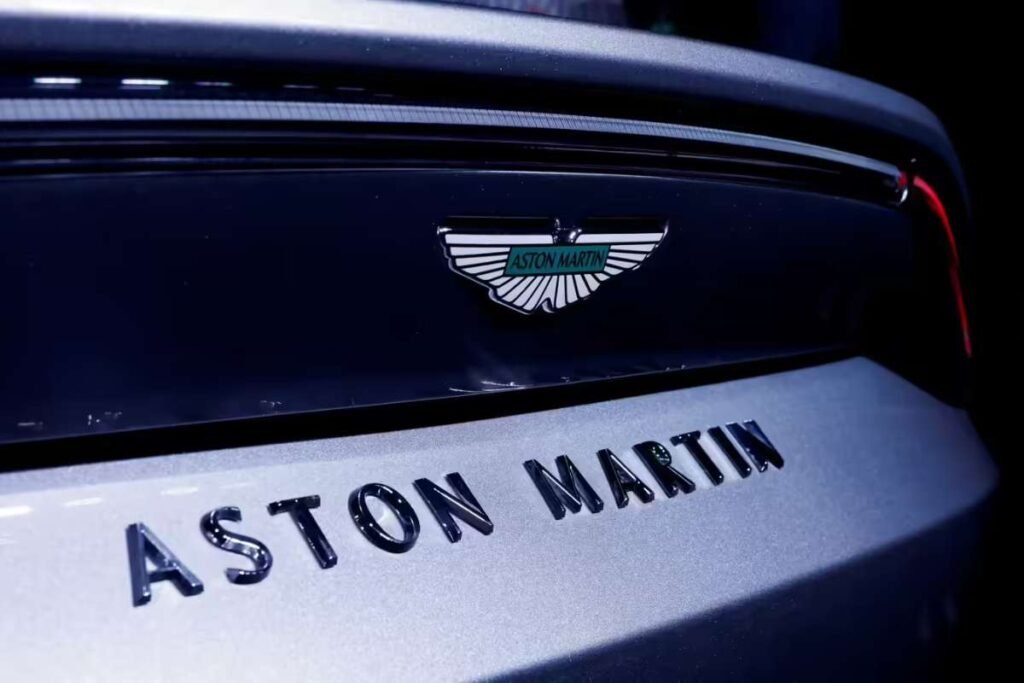A recently uncovered lithium deposit located along the Nevada-Oregon border has the potential to rank among the world’s largest, carrying significant implications for the shift toward electric vehicles. This discovery was documented by volcanologists and geologists from entities such as Lithium Americas Corporation, GNS Science, and Oregon State University in a paper published in Science Advances on August 31.
Surpass Known Deposits
This remarkable deposit is situated within the McDermitt Caldera, a vast caldera measuring approximately 28 miles in length and 22 miles in width. Initial estimates suggest that the caldera could contain anywhere from 20 to 40 million metric tons of lithium, a quantity that would surpass known deposits in countries like Chile and Australia. Geologist Anouk Borst from Belgium highlighted that these findings have the potential to influence the global lithium landscape substantially, impacting factors such as pricing, supply security, and geopolitics.
Geopolitical strategist Peter Zeihan expressed optimism regarding the geological prospects but cautioned that comprehensive exploration efforts in the area are still lacking. He emphasized that while exploration is warranted, it should not prompt immediate alterations to midterm plans. Instead, the focus should be on developing the necessary infrastructure for processing lithium ore into concentrate, a crucial step in producing Lithium deposit of metal and batteries.
Disrupt the plans to scale up EV sales
This discovery comes at a time when automakers are racing to secure lithium supplies due to concerns about potential shortages of electric vehicle (EV) batteries. Any deficit in lithium supply could disrupt the plans to scale up EV sales to tens of millions annually. The quest for lithium has also been a source of political tensions, particularly with China, and has sparked environmental concerns related to extraction processes.
While global Lithium deposit is anticipated to triple over the next decade, the surging demand for electric SUVs, sports cars, and sedans threatens to outpace supply. Each battery necessitates approximately 17 pounds of lithium, in addition to other metals like cobalt and nickel.
China was notably ahead of the global curve in recognizing the significance of lithium. While many countries were relatively inactive, China actively scouted for lithium deposits across the globe, either acquiring them outright or forging advantageous agreements with parties who may not have fully grasped the true worth of lithium. Through its substantial market influence, China has emerged as the leading producer of lithium-ion batteries, exercising extensive control over all aspects of the production chain, encompassing mining, battery component manufacturing, and the production of final battery cells.










